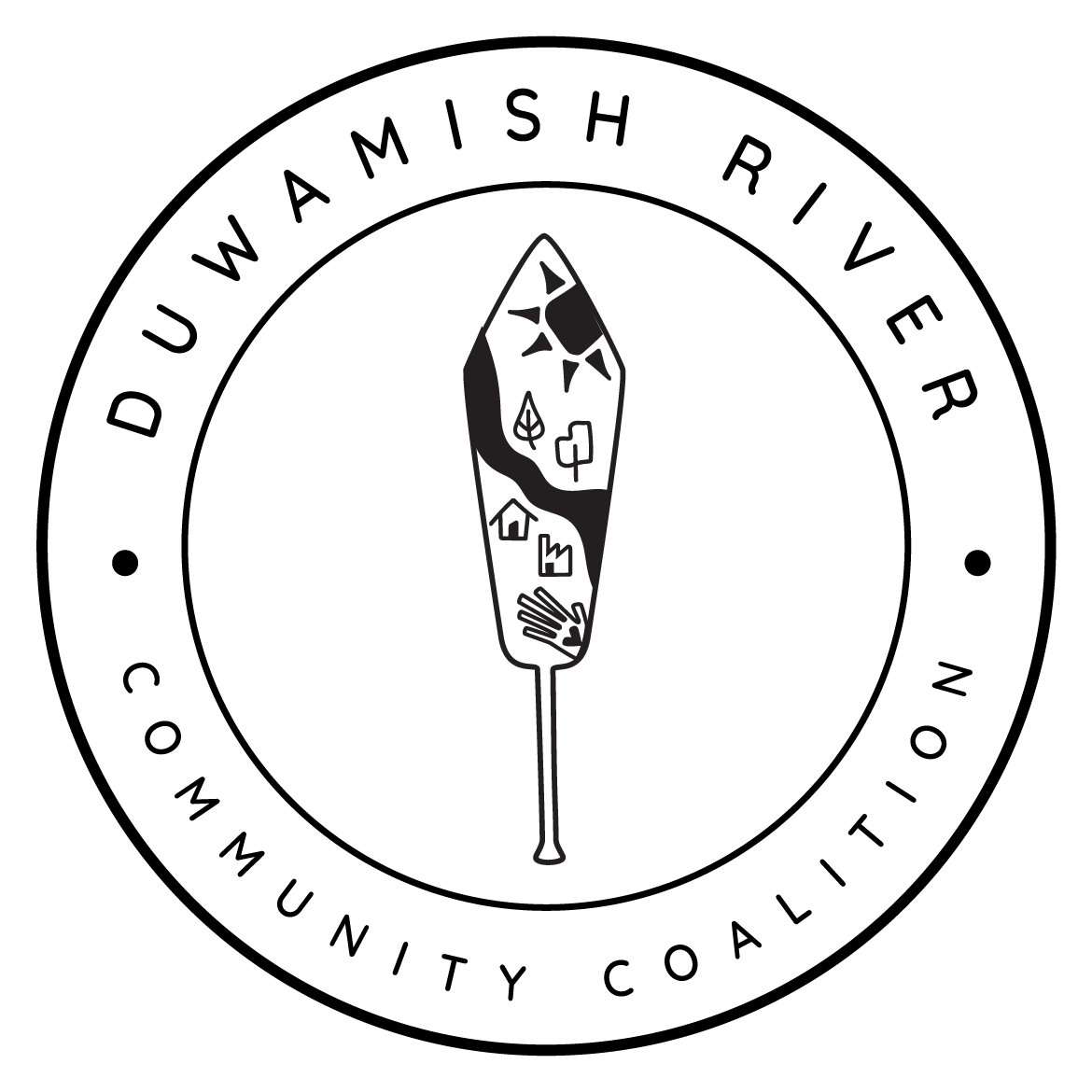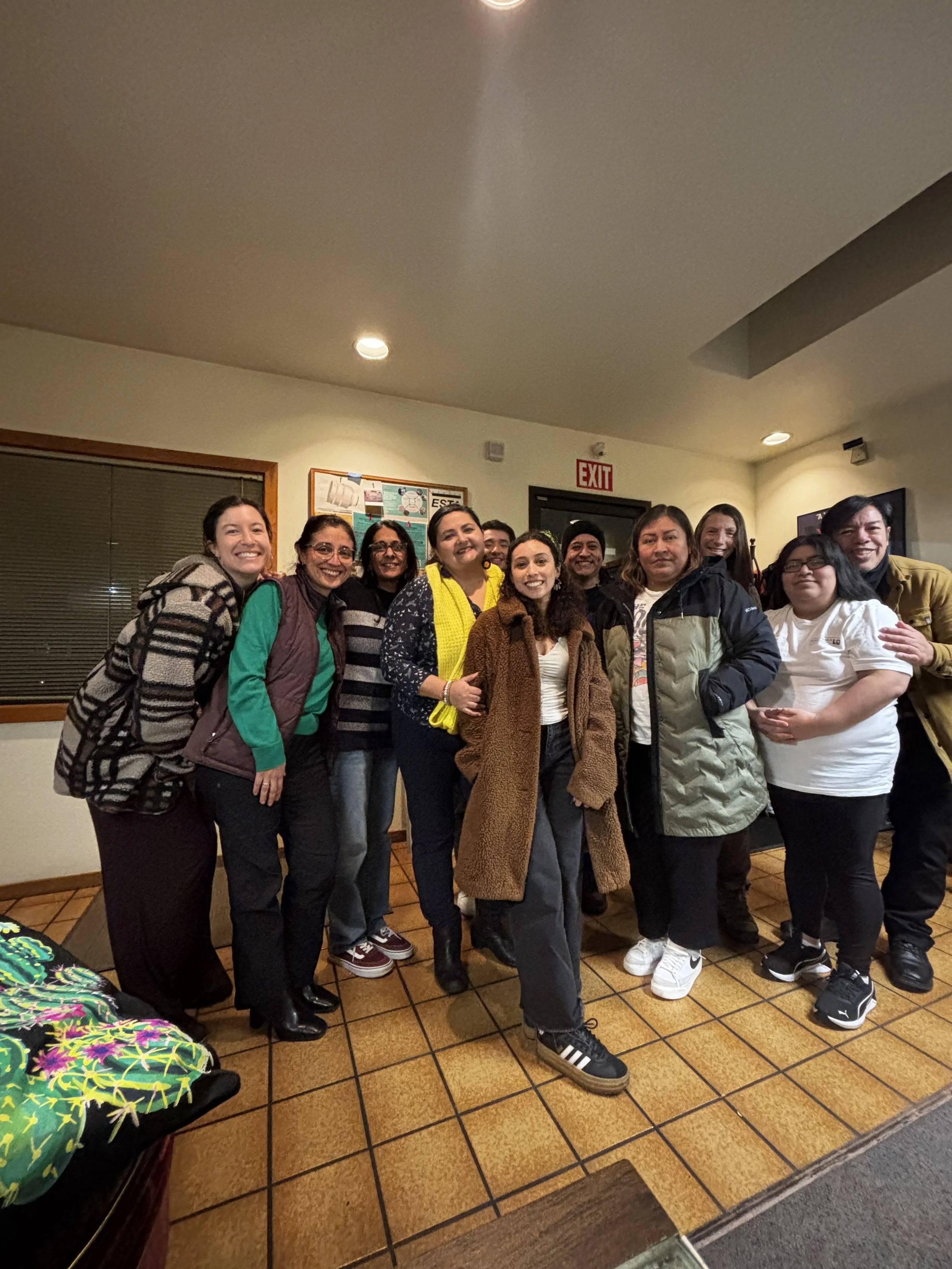The Duwamish Air Improvement Study for Youth (DAISY)
The DAISY project takes aim at reducing high rates of childhood asthma in the Duwamish Valley.
What is the DAISY Project?
UW researchers and Duwamish Valley community advocates have received a five-year grant from the National Institute for Environmental Health Sciences (NIEHS) to help reduce symptoms of asthma in children who live in the Seattle neighborhoods of South Park and Georgetown.
The NIEHS grant will fund a local community-based air quality monitoring network to measure pollutants from cars and truck traffic and will provide low-cost air filters to families with children with asthma in South Park and Georgetown to help clean the air in their homes. Improvements in air quality in the homes of participating families and changes in asthma symptoms in their children will be measured to determine the effectiveness of the air filter intervention. The project will also fund a local Community Advocacy Team which will help guide the placement of air monitors and determine how best to use the study results to improve air quality and children’s health through policy changes and local actions.
Why do we need the DAISY Project?
Children who live in the Duwamish Valley have the highest rates of asthma hospitalization in Seattle, according to a 2013 community-led study funded by the Environmental Protection Agency. The study also found that life expectancy in the Duwamish Valley neighborhoods is eight years shorter than the Seattle average and that levels of air pollutants like diesel and particulate matter is much higher than the city average. Air pollution is a leading cause of asthma attacks in both children and adults and can infiltrate homes and classrooms where children spend most of their indoor time.
INFO EN ESPAÑOL
Are you interested in learning more about this study? Do you want to get involved? Does your child have asthma?
If you answered “yes” to any of the following questions, please fill out the following form:
“People living in the 98108, the ZIP code that includes the Duwamish Valley and Beacon Hill, are nearly four times more likely to end up in the hospital with asthma than King County residents overall... There are tremendous inequities in terms of asthma and many other health outcomes.”
Community-Based Air Monitoring
These air monitors were placed with the guidance and input from our Community Advocacy Team (see below), made up of local community members!
As a part of the DAISY Study, we are monitoring for PM2.5, PM10, and NO2, which are small particles in the air that hurt respiratory health.
If you interested in looking at air monitoring data from the DAISY Project, you can sign in here with the username “Community” and the password “DRCCClarity2024!”
If you have any questions, please email joseph@drcc.org
Dots represent the DAISY air monitors in South Park (as of July, 2024)
Dots represent the DAISY air monitors in Georgetown (as of July, 2024)
Policy Advocacy Team
As the CAT has begun to take more ownership throughout DRCC Clean Air program efforts they have decided that there are system level changes in the DV that can only be addressed through coordinated policy training and civic engagement. The Policy Advocacy Team (PAT) exists to address this need. Acting as an extension of the CAT, the PAT serves as a separate team focused on air pollution issues. The PAT first met last month to decide on pressing DV-related actions to organize around. It also provides advocacy training to culminate in improving the Duwamish Valley through systems-level impact.
Community Voice is key! What is the Community Advocacy Team?
This is a community-engaged research group that prioritizes engaging and empowering local youth and other community members of color.
In 2024, the CAT held dozens of community outreach events and they helped identify where to put our air monitors (see above).
In 2025, the CAT will begin learning about the power of advocacy and DAISY’s role in shaping legislation and rulemakings. They hope to catalyze change and community action to improve health outcomes in the Duwamish Valley.







